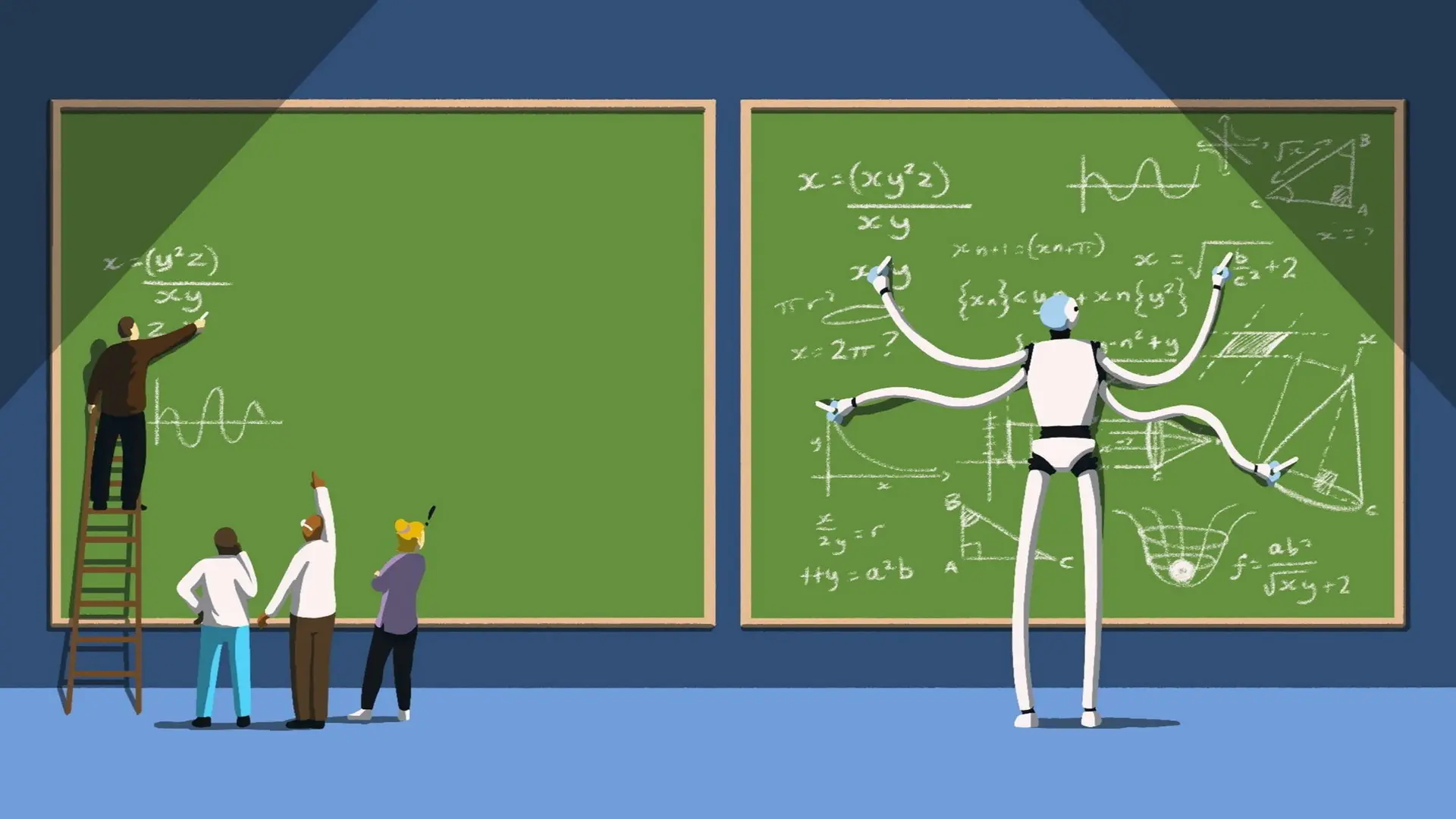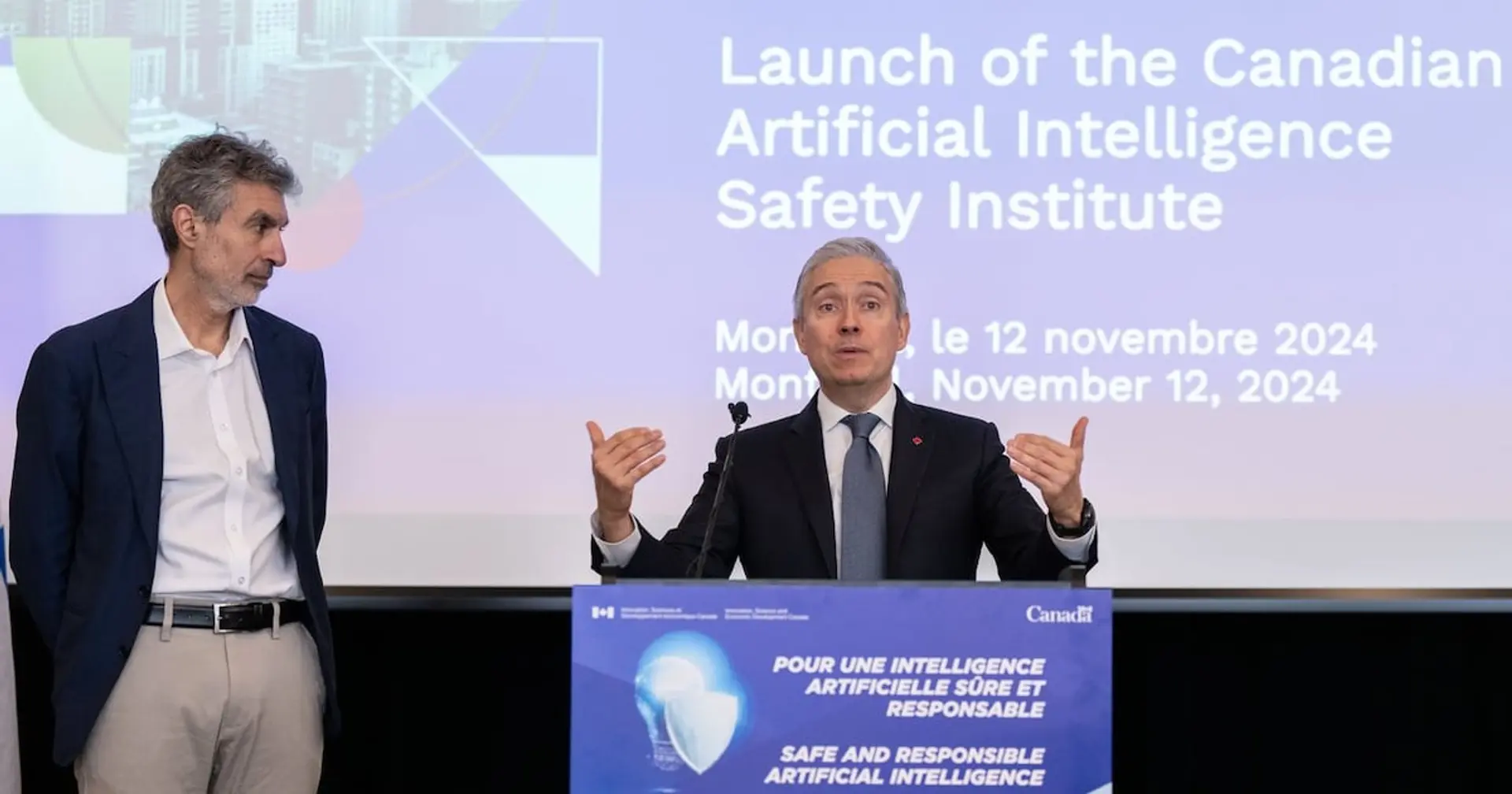Artificial intelligence is rapidly advancing into the realm of high-level mathematics, prompting speculation about its potential to compete with leading mathematicians. The capabilities of new AI models suggest they could contribute significantly to solving complex mathematical problems and even challenge for prestigious awards like the Fields Medal. This raises questions about the future of mathematical research and the role AI will play in pushing the boundaries of mathematical knowledge.
AI's ability to process vast amounts of data and identify patterns could lead to breakthroughs in areas previously considered impenetrable. As AI models become more sophisticated, their capacity to generate novel proofs and theorems may increase, potentially revolutionising how mathematics is conducted. The integration of AI in mathematical research could accelerate the pace of discovery and open new avenues of exploration.
However, the human element of mathematical intuition and creativity remains crucial. While AI can augment and enhance mathematical work, the unique insights and problem-solving skills of human mathematicians are still invaluable. The collaboration between AI and human mathematicians could lead to a synergistic approach, combining the strengths of both to achieve unprecedented advancements in the field.




